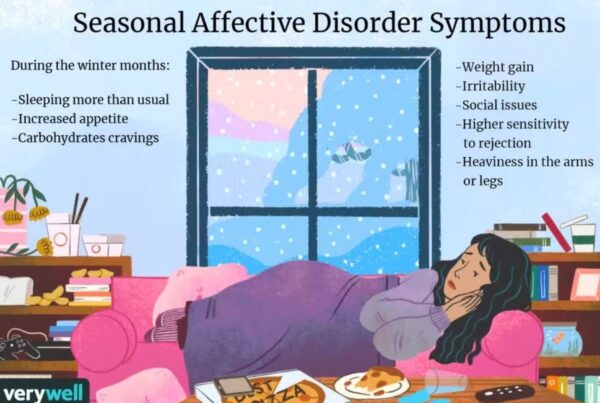If you’ve been reaching for artificial sweetener to sweeten your coffee, baked goods or yogurt, this new study may make you pause. Nonnutritive sweeteners and cardiometabolic health: a systematic review and meta-analysis of randomized controlled trials and prospective cohort studies was published in CMAJ in July, and looks at the consumption of aspartame, sucralose and stevioside (derived from the stevia plant). All of these artificial sweeteners are widely consumed, yet their long-term health impact is uncertain. The study found no evidence that artificial sweeteners helped with weight loss, and found there was a potential for harm by consuming the artificial sweeteners. This news story talks to one of the lead authors and a doctor who doesn’t recommend them:
Why caution may be warranted when consuming artificial sweeteners | CBC News
Consumers may want to think twice about relying on artificial sweeteners, says a Manitoba researcher who found no evidence the sweeteners help with weight loss and some potential health harm beyond the waistline. People are increasingly consuming artificial sweeteners such as aspartame and sucralose as well as the non-nutritive sweetener stevioside, derived from the stevia plant.




